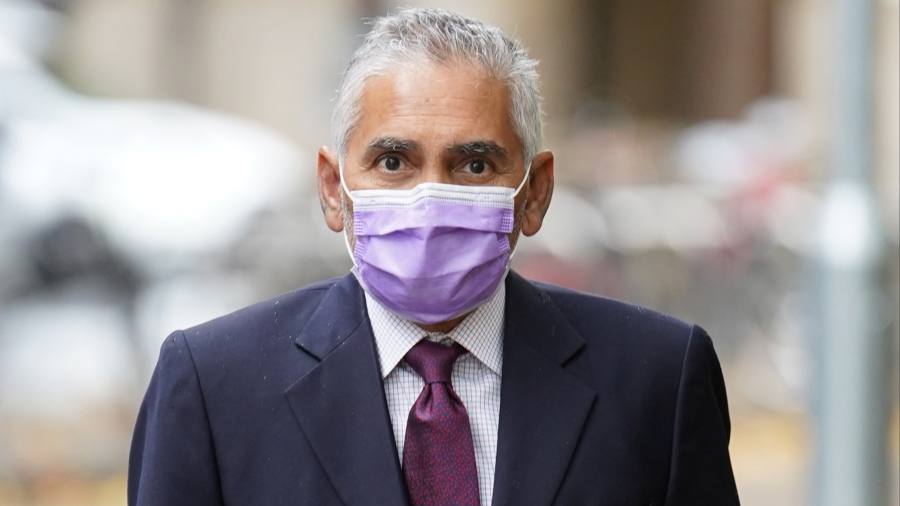
Glencore has been ordered to pay £276.4mn by a London judge for running a bribery and corruption network to secure favourable access to oil across Africa.
A UK subsidiary of the mining and commodities group was handed a £182.9mn fine on Thursday at Southwark Crown Court along with a confiscation order of £93.5mn, which it must pay within 30 days.
Mr Justice Peter Fraser said the company had committed “corporate corruption on a widespread scale, deploying very substantial amounts of money in bribes”. He said “fraudulent activity was endemic” within the company’s west Africa oil trading desk based in London.
The fine comes after Glencore Energy UK pleaded guilty in June to seven counts of bribery, spanning countries from Nigeria to Cameroon between 2011 and 2016 following a Serious Fraud Office probe into one of the world’s biggest commodity traders.
“Bribery is a highly corrosive offence, it quite literally corrupts people and companies and spreads like a disease,” Fraser said, handing down his sentence. “Any bribes are serious but when those bribes are measured in the millions of US dollars or euros . . . then the figures speak for themselves.”
Glencore this year also pleaded guilty to related charges in the US and set aside $1.5bn to pay fines in the US, Brazil and the UK. The company agreed to pay roughly $1.1bn to US authorities and $40mn to Brazilian prosecutors.
Glencore’s share price was largely flat on Thursday, having risen about 50 per cent over the past 12 months.
In a statement following the court’s decision on Thursday, Glencore’s non-executive chair Kalidas Madhavpeddi said the company’s conduct had been “inexcusable” and it had taken “significant action” to change.
Glencore said it was continuing to co-operate with separate Swiss and Dutch corruption investigations.
The SFO probe, which focused on Glencore’s west Africa desk in its London office, revealed that the company had paid more than $28mn in bribes via employees and agents to secure preferential access to oil, including increased cargoes, valuable grades and preferable dates of delivery. Its actions were approved across its oil operations in Nigeria, Cameroon, Ivory Coast, Equatorial Guinea and South Sudan.
Two Glencore employees transported $800,000 in cash by private jet to South Sudan in August 2011, according to a case summary provided by the SFO, a month after the country gained independence. The money was ostensibly for a new office but was in fact used to pay bribes for oil.
Fraser said Glencore had benefited from its criminal conduct to the tune of £93.5mn, which should be confiscated.
A middleman paid by Glencore also flew money across Africa on private jets to a Glencore oil trader, who used it to bribe officials in Cameroon, the SFO’s barrister revealed on Wednesday. That trader also withdrew money from a Swiss “cash desk” to dispense money to be used for bribery, withdrawing millions of euros listed as “office expenses”.
Fraser said the “spurious” reasons given for withdrawals represented the “most blatant of conduct”.
He added that “the facts demonstrate not only sustained criminality but sophisticated devices to disguise it”.
He said the fine must be “sufficiently large to have a financial impact . . . otherwise there is a risk that companies such as Glencore will see penalties for bribery as . . . merely a potential extra cost of doing business”.
Glencore, one of the world’s most powerful mining and commodity trading houses, reported record earnings of $18.9bn during the first half of this year, largely thanks to high coal prices.
Glencore’s UK unit pleaded guilty to five counts of bribery in relation to $26.9mn in payments to officials in Cameroon, Nigeria and the Ivory Coast, and two counts of failing to prevent bribery in relation to just under $2mn of payments to agents in Equatorial Guinea and South Sudan.
The UK fines were reduced by a third because Glencore pleaded guilty to each offence. The company will also have to pay £4.5mn of the SFO’s legal costs.